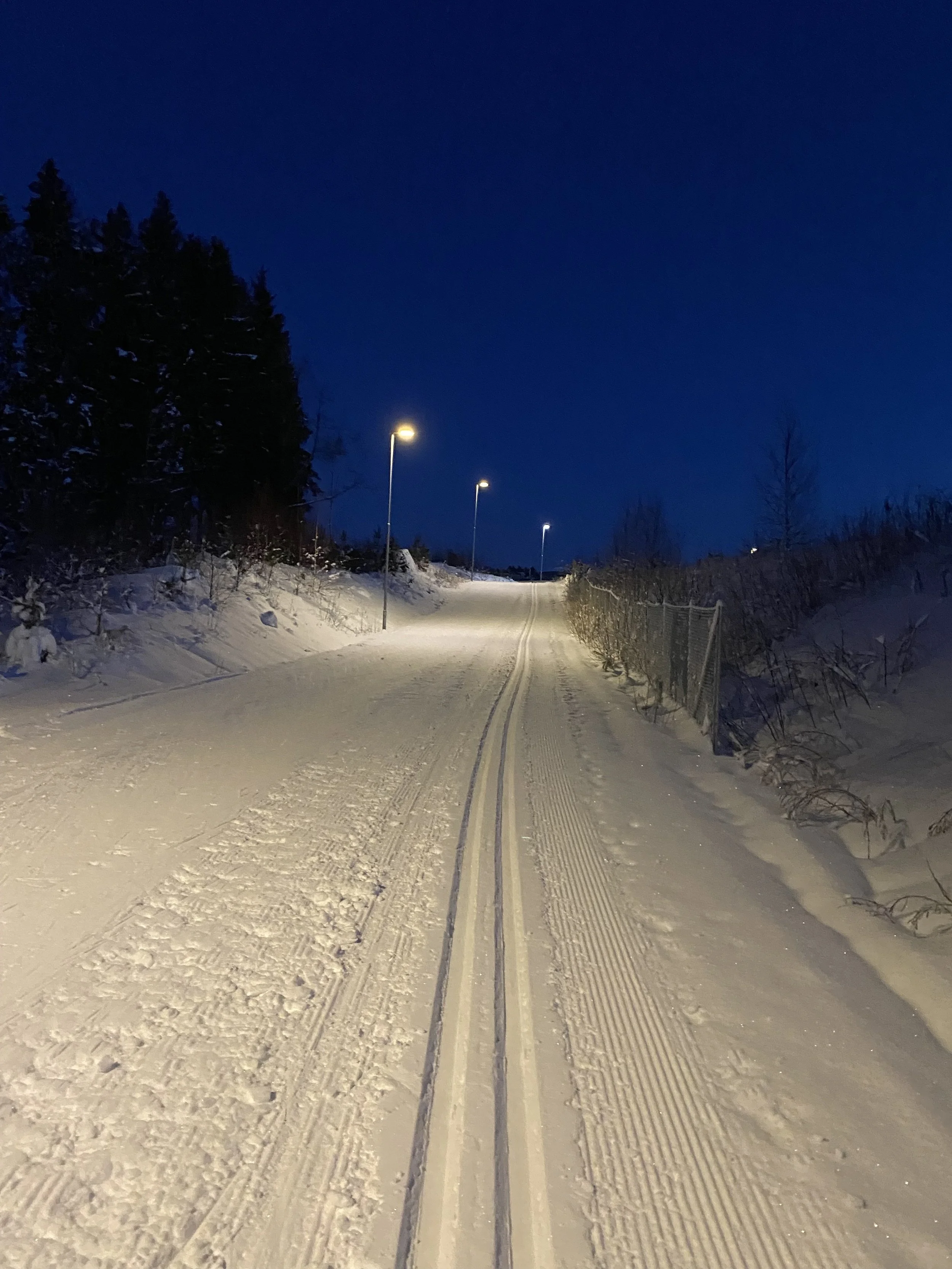I’ve just watched the Netflix documentary “The True Cost” and I cried. Very precisely, it sums up everything that is very unpleasant for us consumers to take in - that actual real humans, just like yourself, are making these clothes under the worst imaginable conditions.
The documentary was made in 2015, one year after the Rana Plaza accident, that killed 1138 factory workers in Bangladesh. As Andrew Morgan, one of the director of the movie says in this interview: “It’s something really important in this world that you have not considered, and you are a part of something intrical just by buying clothes, and as simple as just opening our eyes and our hearts to this idea, that it is hands, physical human hands that touch the things we wear, and that these hands are lives, and they matter”.
I will recommend this documentary to everyone I know who wears clothes, because every time we buy something, we make a choice to be part of the current system. Every time we chose to buy used, ethical, fair trade or ecological however, we are saying that we demand another world. That we do not want to be the buying force at the end of this chain that is ruining lives, the environment and eventually our planet.
Here is the trailer, but I am sure you either have Netflix, or know someone who does. So do watch it in full length, not just this short trailer. I am convinced that you can not remain unaffected afterwards. Thank you for caring.





